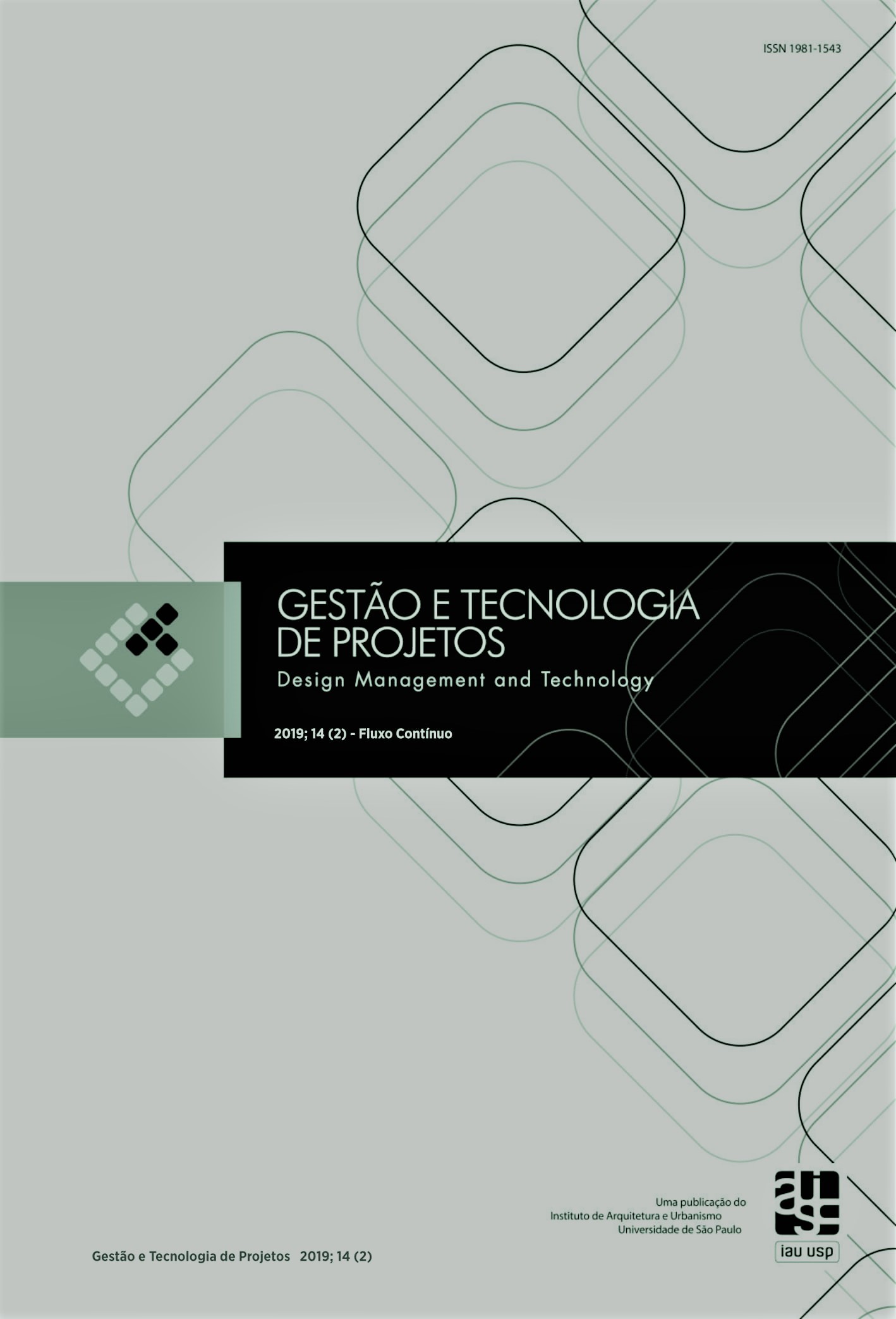Pilot Experience Report for Adopting Method for Innovation Program in Technological Institution
DOI:
https://doi.org/10.11606/gtp.v14i2.157459Keywords:
Project, Design, InnovationAbstract
This article contains the result of a design master’s degree dissertation, in which a case study of the Design Project was carried out in the Implementation of Innovation Program in Technological Education entities. Using the Stanford d.school design thinking methodology to guide the steps of implementation, the proposal aims to: (1) structure, from the immersion of empathy, a tactical model to be used in the implementation of the innovation program; (2) implement a pilot project that mirrors the nuances faced by the implementation of an innovation program in technological education; and (3) implement, from the design, the innovation program in technological education. The results imposed a new approach to professional education in applied schools, as they connected the strategy of the organization to the new trends of industrial learning.
Downloads
References
BROWN, J. S.; DUGUID, P. Organizational Learning and Communities-of-Practice: Toward a Unified View of Working, Learning, and Innovation. Organization Scien-ce, v. 2, n. 1, p. 40–57, 1991.
CAMPOS, A. F. A (Re) Invenção do Design Instrucional na Perspectiva da Complexidade. Dissertação (Mestrado em Educação), da Universidade Estácio de Sá. Rio de Janeiro, 2013.
DOCHERTY, C. Perspectives on Design Thinking for Social Innovation. The Design Journal, v. 20, n. 6, p. 719–724, 2017.
GACHAGO, D. et al. Developing eLearning champions: a design thinking approach. International Journal of Educational Technology in Higher Education, v. 14, n. 1, p. 30, 2017.
GIL, A. C. Como Elaborar Projetos de Pesquisa. 4a ed. São Paulo: Atlas, 2002.
KOLKO, J. Design Thinking Comes of Age. Harvard Business Review, n. September, 2015.
LIU, Y. C. et al. Spontaneous analogising caused by text stimuli in design thinking: differences between higher- and lower-creativity groups. Cognitive Neurodynamics, p. 1–17, 2017.
OXMAN, R.; GU, N. Theories and Models of Parametric Design Thinking. Real Time - Proceedings of the 33rd eCAADe Conference Vienna, Austria, 16-18 September, v. 2, p. 477–482, 2015.
PANDEY, S. Proto Design Practice : translating design thinking practices to organizational settings. Interaction Design and Architecture(s) Journal (IxD&A), n. June, p. 129–158, 2015.
PAULA, D.; CORMICAN, K. Understanding Design Thinking in Design Studies (2006-2015): a Systematic Mapping Study. DS 84: Proceedings of the DESIGN 2016 - 14th International Design Conference, n. May, 2016.
PEREIRA, P. Z. O pensamento criativo no processo projetual: Proposta de um framework para auxiliar a criatividade em grupos de design. Tese (Doutorado em Design) da Universidade Federal do Rio Grande do Sul. Porto Alegre, 2016.
PERRENOUD, Philippe. Avaliação: da excelência à regulação das aprendizagens – entre duas lógicas. Porto Alegre: Artmed Editora, 1999, p. 9-23.
PROVDANOV, C. C.; FREITAS, E. C. DE. Metodologia do trabalho científico: métodos e técnicas da pesquisa e do trabalho acadêmico. 2a ed. Novo Hamburgo: Feevale, 2013.
SAHER, N. Maker Space & Design Thinking: Emerging Technologies for Achieving Creativity and Innovation in Schools. 4Th International Conference on Education and Social Sciences (Intcess 2017), n. February, p. 336–341, 2017.
SERVIÇO NACIONAL DE APRENDIZAGEM INDUSTRIAL - SENAI. Metodologia SENAI de Educação Profissional. Diretoria ed. Brasília: Departamento Nacional, 2013.
STEPHENS, J. P.; BOLAND, B. J. The Aesthetic Knowledge Problem of Problem-Solving With Design Thinking. Journal of Management Inquiry, v. 24, n. 3, p. 219–232, 2015.
THIOLLENT, M. Metodologia da Pesquisa-ação. 2. ed. São Paulo: Cortez, 1986.
YIN, R. K. Estudo de Caso: Planejamento e método. 2a ed. Porto Alegre: Bookman, 2001.
Downloads
Published
Issue
Section
License
Copyright (c) 2019 ACURSIO YPIRANGA BENEVIDES JÚNIOR, SHEILA CORDEIRO MOTA

This work is licensed under a Creative Commons Attribution-NonCommercial-NoDerivatives 4.0 International License.
Copyright Notice
Authors who publish in this journal agree to the following terms:
- Authors retain the copyright and grant the journal the right of first publication, with the article simultaneously licensed under the Creative Commons Attribution License BY NC ND, which allows the sharing of article with acknowledgment of authorship and initial publication in this journal.
- Authors are authorized to take additional contracts separately, for non-exclusive distribution of version of the article published in this journal (e.g. publish in institutional repository or as a book chapter), with acknowledgment of authorship and initial publication in this journal.
- Authors are allowed and encouraged to publish and distribute their research work online (e.g. in institutional repositories or on their personal page) at any point before or during the editorial process, as this can generate productive changes, as well as increase the impact and the citation of published article (See O Efeito do Acesso Livre).



